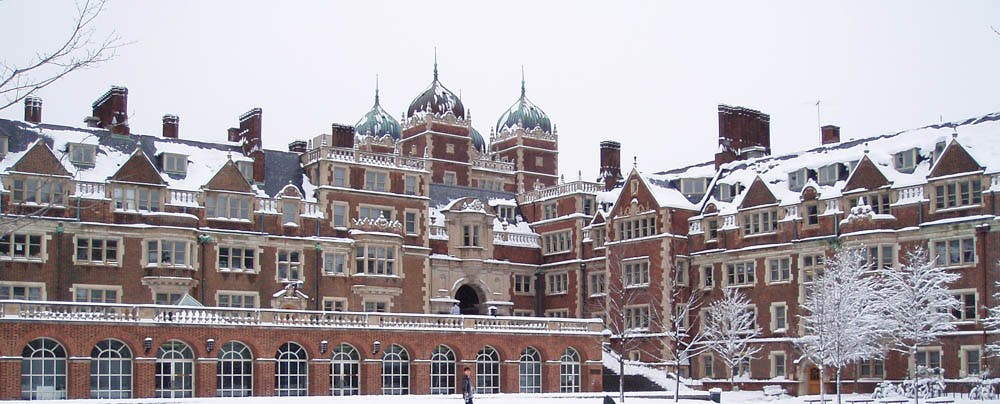The inaugural Ivy League Undergraduate Research Symposium will take place at Penn Nov. 10 to Nov. 12, bringing together roughly 200 undergraduate students from across the eight Ivy League schools.
The creation of ILURS was largely the vision of Anuj Amin, executive director of the symposium. “One of the things in my Penn experience that I wasn’t able to do was connect with other majors,” Amin said. He said he found the difficulty he had networking with scholars at the undergraduate level to be difficult.
After speaking with the Director of Undergraduate Research and Fellowship at Penn, Amin was inspired to create a platform that would connect the academics occurring at each of the Ivies, he said.
“There are definitely sports circuits and different, other more specific types of conferences” which bring the Ivy League together, Amin said. But he was unaware of a single interdisciplinary platform that connects the schools, he added. With this in mind, “one thing led to another and ILURS was born,” he said.
Amin outlined two main goals for the symposium: to promote undergraduate research, giving undergraduates the opportunity to present their work and speak with other researchers, and to foster networks between scholars from multiple academic backgrounds.
“What sets (ILURS) apart (from other research conferences) is that we are not solely focused on the research aspect,” said Pranay Vissa, director of internal affairs for ILURS. “Research is obviously the most important part of the symposium, but we are really keen on trying to build interdisciplinary relationships and networks between people,” he explained.
To facilitate both its goals, the symposium will also feature keynote speeches and hold career fairs, crash courses and workshops for the attendees.
Twenty-one students from Brown will journey to Penn this November to attend the symposium. Alexander Adia ’18 will be attending the conference and said that he is looking at ILURS as an opportunity to present his first original research project. “The reason you present research, in general, is to make people think about the questions you are asking and the problem that you are investigating,” Adia said. Through the conference, he hopes to learn how to improve his research presentation in order to make his work salient to other people.
Allen Green ’21 will also be a conference attendee and believes ILURS will offer several opportunities for him. “There’s a lot of networking there,” he said. “So I’m pretty excited for that.” Green also expressed that the workshops at the conference would help him prepare for higher level research.
ILURS’s efforts to promote undergraduate research will continue even after the conference. Following the symposium,“we will be working to establish a journal called the ‘Ivy League Undergraduate Journal of Research,’” Amin said. The journal, which will be divided into academic disciplines in accordance with the symposium, will function as “another platform for academic discussion,” he explained.
Another post-conference initiative is the establishment of the Ivy League Research Fund. “Financial obligations should not be a hindrance to knowledge,” Amin said.
Both Amin and Vissa anticipate that ILURS will become an annual event. “We were actually blown away by the number of abstracts that were submitted,” Vissa said. “We have a lot of support on campus,” he said. “And in terms of organizational strength, we are definitely poised to make this an annual thing.”





